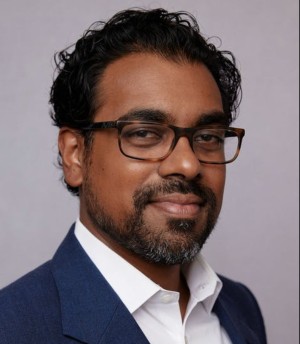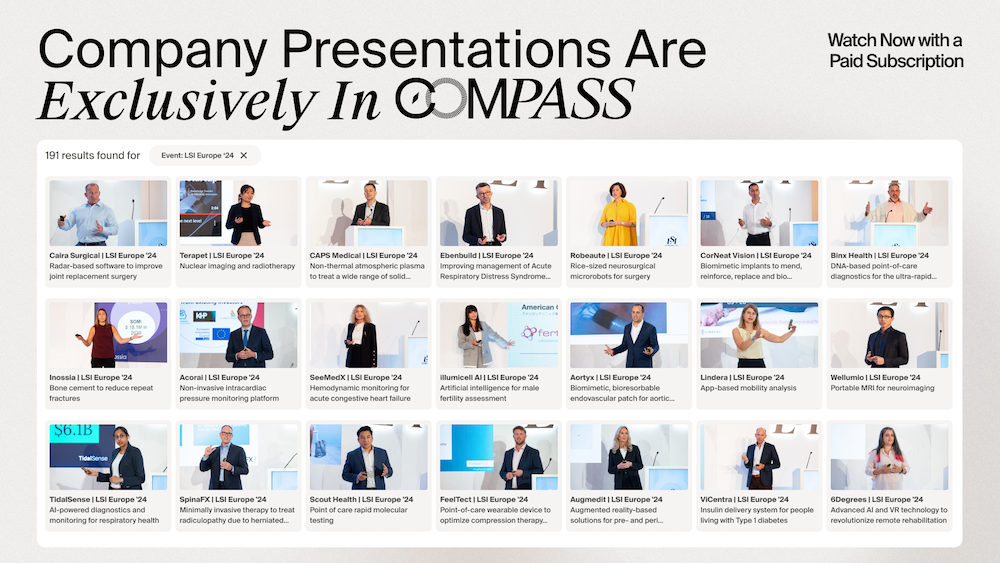- Video Library
- David Kuraguntla Presents Alio at LSI Europe '23
David Kuraguntla Presents Alio at LSI Europe '23
shaping the future of
Medtech at LSI USA ‘26
Waldorf Astoria, Monarch Beach

David Kuraguntla
Dave is the co-founder and CEO of Alio, a wearable medical device company dedicated to improving the lives of those living with dialysis and other chronic conditions. After serving in the Air Force, Dave was selected for a fellowship which allowed him to attend medical school. He received his medical degree in osteopathic medicine (D.O.) and was preparing for a surgical residency when he experienced first hand the need for better technological solutions for those with chronic conditions. Drawing on his experience as a former NIH researcher, Dave began to explore the potential of noninvasive wearables for conditions like End Stage Kidney Disease (ESKD). Since then, Alio has secured $53 million in funding to-date and formed key strategic partnerships with organizations like the NHS in the UK and US Renal Care. For more information visit www.alio.ai or follow us on Linkedin.
David Kuraguntla
Dave is the co-founder and CEO of Alio, a wearable medical device company dedicated to improving the lives of those living with dialysis and other chronic conditions. After serving in the Air Force, Dave was selected for a fellowship which allowed him to attend medical school. He received his medical degree in osteopathic medicine (D.O.) and was preparing for a surgical residency when he experienced first hand the need for better technological solutions for those with chronic conditions. Drawing on his experience as a former NIH researcher, Dave began to explore the potential of noninvasive wearables for conditions like End Stage Kidney Disease (ESKD). Since then, Alio has secured $53 million in funding to-date and formed key strategic partnerships with organizations like the NHS in the UK and US Renal Care. For more information visit www.alio.ai or follow us on Linkedin.

17011 Beach Blvd, Suite 500 Huntington Beach, CA 92647
714-847-3540© 2026 Life Science Intelligence, Inc., All Rights Reserved. | Privacy Policy







